NT politics divided over Indigenous Voice to Parliament proposal
The Northern Territory has by far the highest proportion of Aboriginal people – and our politicians remain divided over the Voice. Here’s how they’ll all be voting.
Northern Territory
Don't miss out on the headlines from Northern Territory. Followed categories will be added to My News.
Territory politicians are divided on the federal Voice to Parliament, with some MLAs yet to reveal how they will vote.
Prime Minister Anthony Albanese announced on Wednesday the referendum would be held on October 14.
While the issue has dominated politics for most of the year, some NT politicians remain undecided – or unwilling to publicly declare a position – just six weeks out from the vote.
In February the NT government moved a motion for the parliament to support an Indigenous Voice, which all Labor MLAs threw their support behind.
Federal Labor Senator Malarndirri McCarthy is also a leading advocate for the Yes vote, while Solomon MP Luke Gosling and Lingiari MP Marion Scrymgour are firmly following their party line as well.
Chief Minister Natasha Fyles said on Thursday said it was “really important” the nation recognised First Nations people in the Constitution and gave them a Voice.
“We know here in the Territory that having a Voice is nothing to be afraid of,” she said.
“We’ve seen some fantastic outcomes when we get out there, and we listen to First Nations Territorians … (for example) 50 per cent of our primary health care in the Territory is delivered by Aboriginal medical organisations.”
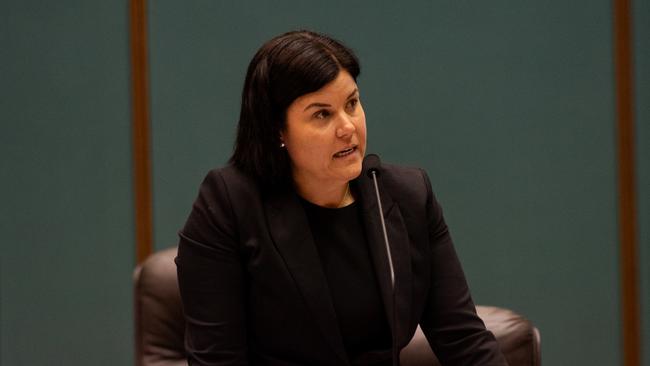
Last week Opposition Leader Lia Finocchiaro revealed she would be voting no but not campaigning for it, after months of tiptoeing around the issue.
The CLP parliamentary wing for months was neutral on the issue, citing a lack of detail, despite party rank and file and federal Senator Jacinta Nampijinpa Price being firmly in the No camp.
Former CLP president Lawson Broad also spectacularly quit in March over the party bases’s stance.
However since Ms Finocchiaro revealed her stance three other MLAs – Gerard Maley, Marie-Clare Boothy and Jo Hersey – have said they would vote no.
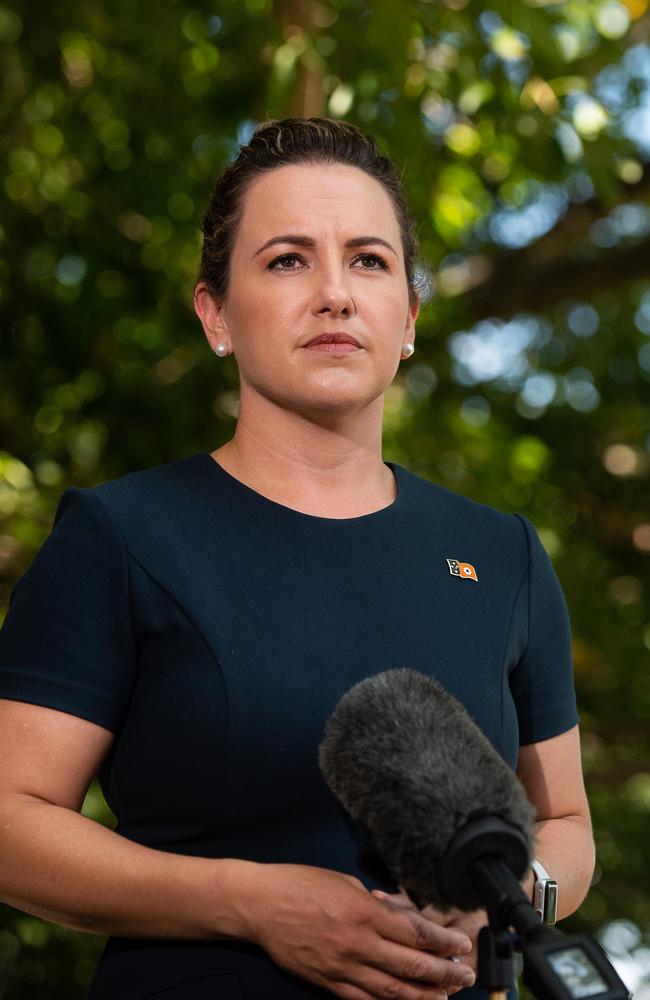
Barkly MLA Steve Edgington on Wednesday said he would be making a decision “a lot closer to the date”.
“I think it’s an absolute disgrace that the federal government has abandoned the bush,” he said.
“They’ve got about six weeks to (inform people) and I encourage the federal government to get out and about start explaining to people what the Voice is all about.
“I represent roughly 5000 to 6000 people out bush, I’ll take their advice around what this issue means to them.”
Braitling MLA Josh Burgoyne would not reveal his position on the referendum.
“I will continue to speak with my community to ensure people are better informed about what their decision means for our country,” he said.
“I continue to have people come to me unsure about the referendum and I encourage them to access available material to inform themselves better.”
Namatjira MLA Bill Yan said he was leaning towards a no vote.
“I continue to be out talking to the remote members of the community who are still calling for more information, many are still undecided,” he said.
“I continue to call on the federal government to get out in the bush and explain how the Voice is going to provide the outcomes they want.
“Unless the government can show me how the Voice is going to address the concerns raised by many members of the community I cannot in good faith support it.”
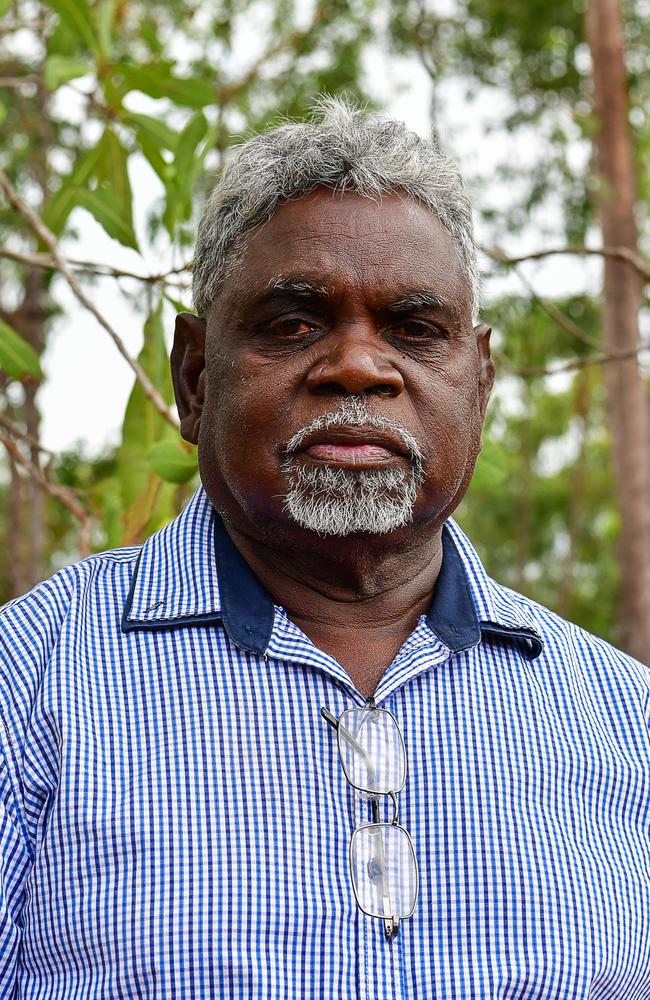
Mulka MLA Yingiya Guyula has come out in support of the Yes campaign, despite having early doubts about the proposal.
“The ultimate goal is to have our people have control over our lives, so we can be who we are,” the Yolngu leader said at the Garma Festival earlier this month.
“But the Voice must not take grassroots voices away, it must amplify our voices.
“It must come from the lands working together, not manipulated by outsiders who think they know best … so it is not another colonial institution.
“We are telling the government to get off us so we can stand up freely.”
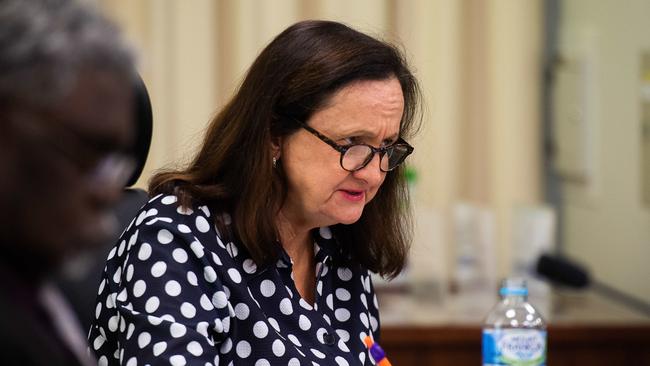
Independent Araluen MLA Robyn Lambley said she would be voting yes but said the federal government had made a “complete hash” of the issue, giving Australians “every reason to vote no”.
“If the referendum fails they only have themselves to blame,” she said.
“However, despite the sham it has become, I feel very strongly the need to support our Aboriginal people and to absolutely recognise them in our Constitution.
“For this reason, on balance, I will be voting yes.”
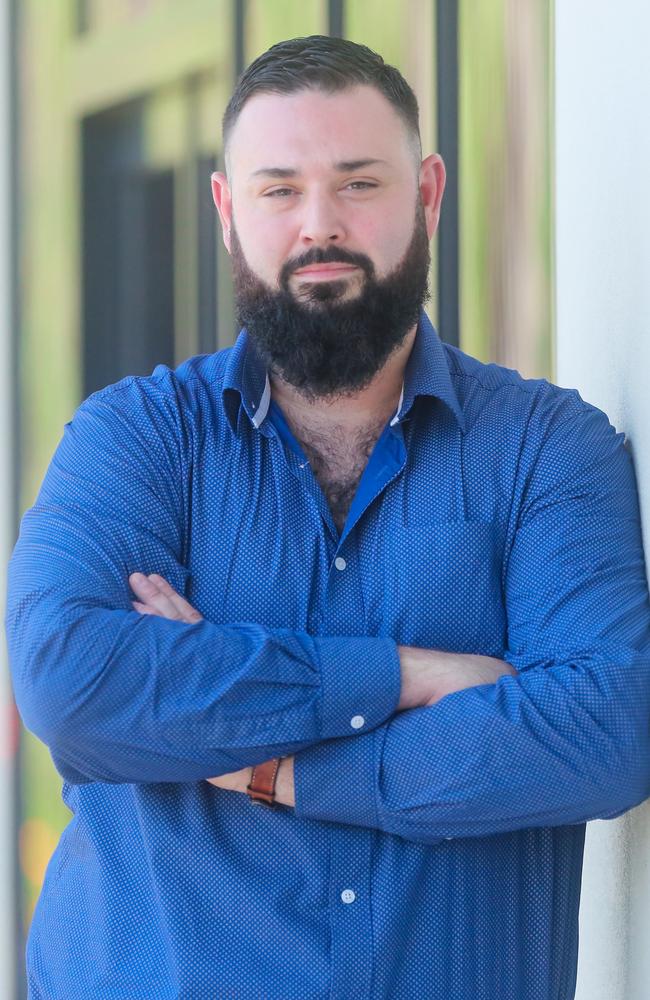
Blain MLA Mark Turner, who was recently expelled from the Labor party, said he remained “on the fence” but firmly supported reconciliation and constitutional recognition.
“My concern is a Voice must amplify grassroots voices without overpowering them,” he said. “Genuine local decision-making is crucial – the concept of Makarrata, which promotes restorative justice, is significant.
“However there’s an evident failure in government consultation with First Nations communities about the Voice.
“Treaty is also paramount – it underscores sovereignty and equality, offering a mutual way forward for cultures to coexist.
“With a government that doesn’t listen to our grassroots voices I have serious reservations they will have a sudden epiphany and start to do so.”
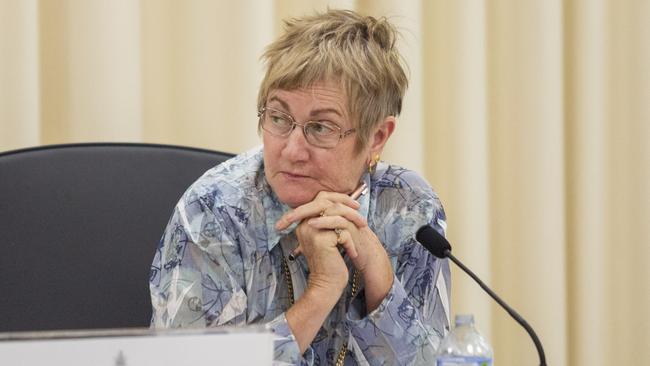
Independent Goyder MLA Kezia Purick said she would vote no as she did not believe the Voice would lead to positive outcomes for Aboriginal people, “particularly in rural and remote areas”.
“It will not help children plagued already with health, education and safety problems and if there is scope for this to happen, there has been no detail provided,” she said.
“Underneath the Voice is a bureaucracy that is seldom referenced and it very much looks like another ATSIC (Aboriginal and Torres Strait Islander Commission) and we know how that organisation ended.
“Enshrined changes in our Constitution comes with risks and these too have not been detailed or explained.”
The Voice will only pass if both a majority of Australians and a majority of states vote yes.
Northern Territory votes will only count towards the national tally.
This is despite more the NT population’s being more than 32 per cent Indigenous – compared to between 1 and 6 per cent in all other states and territories.




